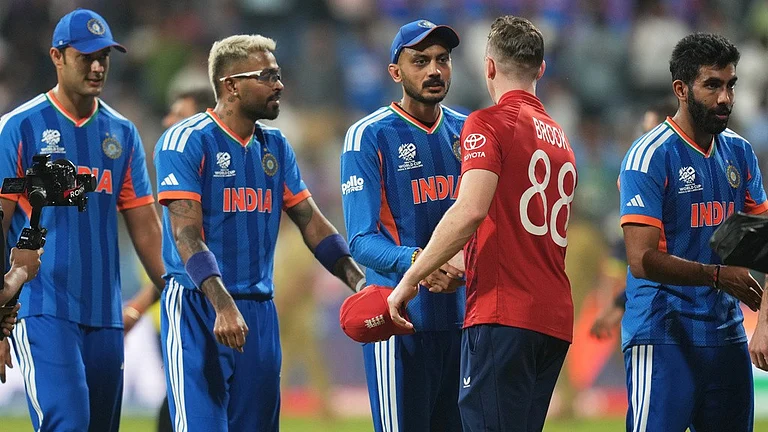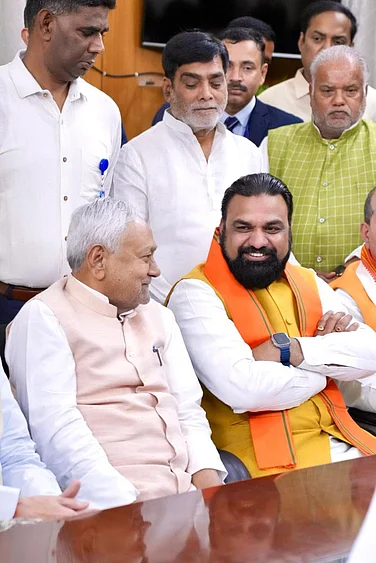Rajya Sabha on Friday rejected a resolution for a special fund for the modernisation of madrassas – an educational institution, often part of a mosque – in view of the educational and social backwardness of Muslims, especially women.
Speaking at the Parliament today, Women and Child Development and Minority Affairs minister Smriti Irani said the resolution cast aspersions of inequality and that it cannot be an example of a ‘new India’.
"For me, this resolution which casts aspersions of inequality...in fact reduces it to a slur on the basis of religion...I hope that this House unanimously rejects it," she said and added, “A new India cannot be broken down on the basis of religion. That is why...I would request...the entire House to unanimously reject this resolution so that we, who are building the new India under the leadership of the prime minister with the support of citizens, can build it on issues of inclusion, equity and equality."
The resolution was introduced by Indian Union Muslim League member Abdul Wahab in the Upper House of Parliament on February 10. It was rejected today by a voice vote amid a walkout staged by Congress and other opposition parties.
Irani said the resolution states that Muslim women are not given an equal opportunity to get educated but, she added, the new education policy takes care of the education of women and children. She noted the Ministry of Skill Development and Entrepreneurship caters to the need for skilling for a new India.
"Through this resolution aspersions have been cast on one of the holiest of books...that our nation at large seeks to divide people on the basis of religion and deny access to a better life in the present and in the future to those who belong to minority communities," she said.
The resolution sought to implement the recommendations of the Sachar Committee and other reports that have discussed the educational and social backwardness of Muslims. It sought to reinstate and enhance all those scholarship and educational upliftment programmes that aimed to improve the higher education participation of Muslims.
It also sought to develop and implement special affirmative actions for Muslim women to improve their presence in central universities, institutes of national importance and their work participation.
It also sought the formation of a commission to study the representation of Muslims in university spaces and in private and public jobs, and the enactment of legislation for the prevention of atrocities against minorities of the country so as to build confidence amongst Muslims who are vulnerable.
Six private members' resolutions were listed on the agenda of the House on Friday. However, five resolutions lapsed as the members who proposed them were not present to move them.






















